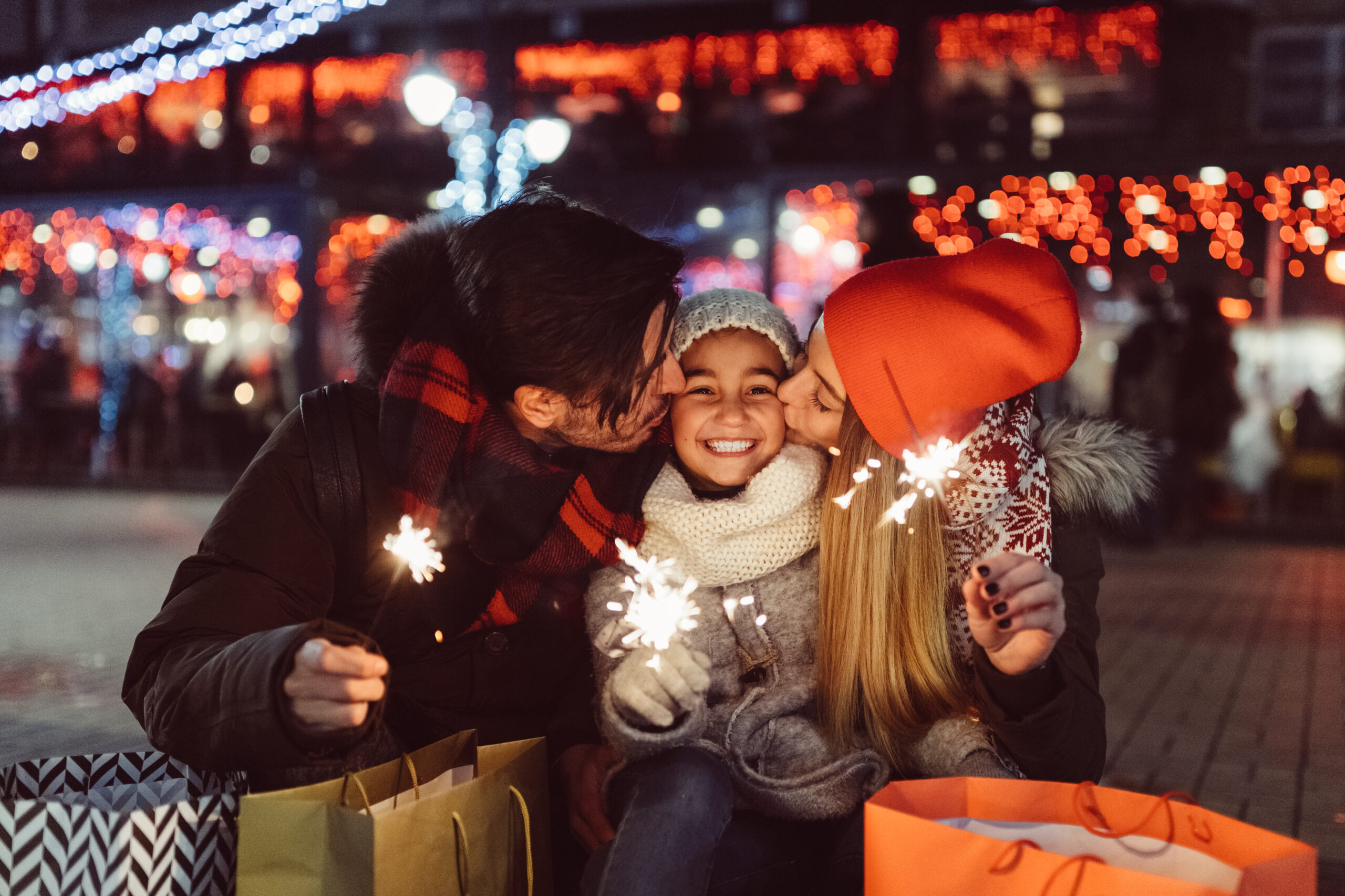All around the world during the month of December, a variety of countries, cultures and religions commemorate holy days that are steeped in tradition. While the historical background for many of these celebrations differ, a common thread is the coming together of family and friends toward the end of the calendar year signifying the entry into a new year.
In Buddhist Tradition, on December 8, Bodhi Day (also known as Rohatsu) is the celebration of the enlightenment of Siddartha Gautama – otherwise known as Buddha. Bodhi Day is observed by Buddhists around the world and is normally commemorated with meditation in recognition of the enlightened state reached by Buddha.
On December 12, the ‘Feast Day of Our Lady of Guadalupe’ – the patron saint of Mexico – is celebrated in communities across Mexico and also in certain cities in the United States where there are large Mexican-American populations. Those who find themselves able to also make a pilgrimage to the Basilica of Our Lady of Guadalupe to honor the Virgin Mary with prayer.
Perhaps the next most recognized holiday celebration in December is the Jewish tradition of Hanukkah – celebrated from December 18-26. As part of the tradition, the Jewish Festival of Lights is carried out over eight days by lighting a nine-branched menorah each night. The eight candles that are lit by another single candle symbolize the perceived one-day’s worth of oil that ended up lasting for eight days during a battle between a small group of Jewish people against a mightier Greek-Syrian army in 165 B.C. The end result of the battle was a victory by the Jewish people and a reclamation of the Holy Temple in Jerusalem.
On December 25, Christmas is celebrated widely in the United States and amongst other countries with large Christian populations. The day is a commemoration of the birth of Jesus and is celebrated with the exchange of gifts – many of which are delivered by Saint Nicholas, otherwise known as Santa Claus.
From December 26 through January 1, Kwanzaa is the weeklong celebration of African-American heritage and culture. Following the Watts Rebellion in Los Angeles during the mid-1960s, a Black Activist named Maulana Karenga created Kwanzaa as a means of unifying the African-American community. The Watts Rebellion was triggered by the arrest of a young African-American man who had been driving under the influence of alcohol. The rebellion ultimately led to protests in which individuals were shot and killed by police and National Guardsmen, according to the Associated Press.
The seven principles of Kwanzaa laid out by Karenga are as follows: unity, self-determination, collective responsibility, cooperative economics, purpose, creativity and faith. The name Kwanzaa comes originally from the Swahili phrase “matunda ya kwanza,” which translated to English means “first fruits.”
This holiday season, it is important to recognize the wealth of history and tradition that underlies the celebrations that so many communities of people across the globe come together to commemorate because, regardless of the differences in history and culture, the December holiday season is one intended to bring people together in the spirit of prosperity heading into the new year.
Referenced Article: https://time.com/6242283/december-global-holidays-christmas-hanukkah-yule/


Social Media